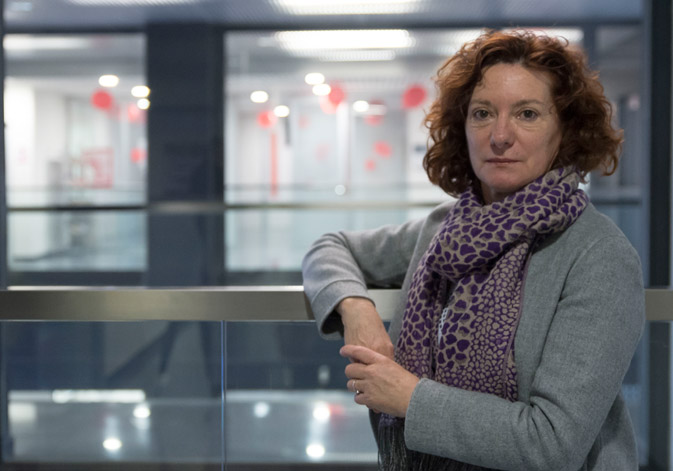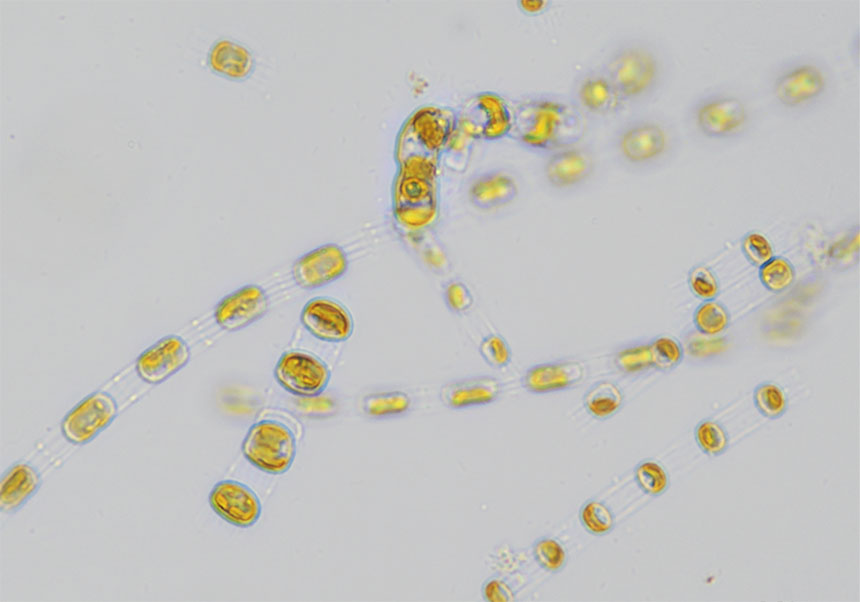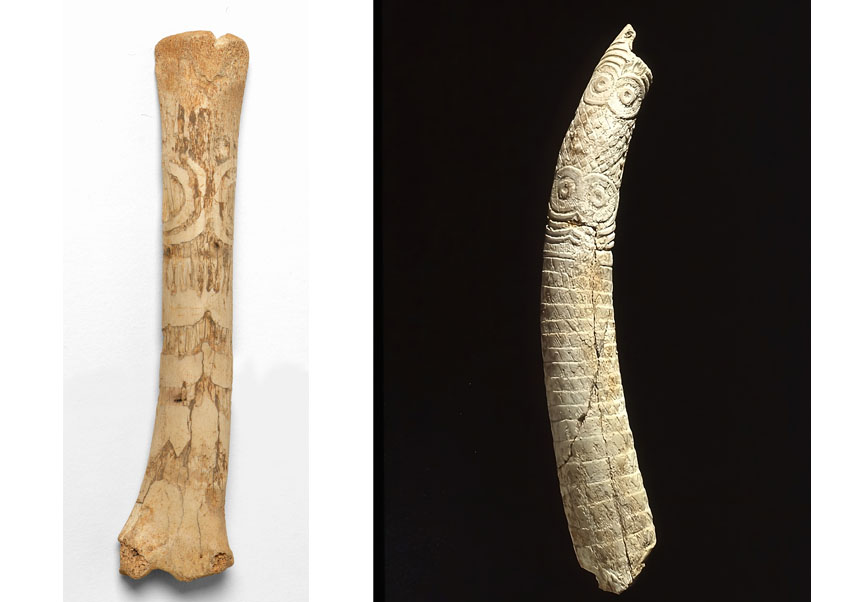Polibienestar analyses the psychosocial impact of infertility in heterosexual couples
- Scientific Culture and Innovation Unit
- April 17th, 2019

The Research Institute on Social Welfare Policy (Polibienestar) of the Universitat de València directs the Genfertil research project, which studies how the process of assisted reproduction affects on heterosexual couples. The study, coordinated by Estrella Durá, Full Professor of Psychology, includes a sample of 500 couples and it is subsidized by the Ministry of Science, Innovation and Universities, within the framework of the Society’s Challenges programme.
Infertility has been considered for more than 20 years by the World Health Organization as a chronic disease related to reproduction. It constitutes an important health problem due to the high emotional cost that it entails for the people who suffer it and for the complex assisted reproduction treatments that derive in psychological, social, economic and even ethical implications. In Spain, it affects to the 17% of couples of childbearing age, around 800,000 people.
According to Estrella Durá, “the study that Polibienestar is carrying out analyses precisely the subjective experience and the differential impact between the two members of the same couple, in order to identify needs associated to gender variables that may have been hidden in previous studies. For example, some studies point out that infertility has physical and emotional implications for men, just as for women, but men handle them from expectations and gender norms, related to masculinity, which end up silencing their experience and perpetuating the difference”.
For their part, women present a more negative impact, with lower levels of self-esteem and higher levels of depression, anxiety, stress, stigma and guilt, compared to men. However, most of these studies have not focused on the couple as a unit of analysis; nor have they considered gender variables that could explain these differences.
The Genfertil research project (Gender and infertility: variables associated to the psychosocial impact of infertility in men and women of heterosexual couples) began in 2018 and lasted for 3 years. The study includes a large sample, around 500 couples, with a longitudinal design that covers diverse phases of the treatment process (pre-diagnosis, diagnosis, waiting, treatment and outcome), combining quantitative and qualitative methodologies, through in-depth interviews and discourse analysis.
The analysis of how the factors related to gender affect to experience of infertility and its treatment with assisted reproduction techniques will allow to guide the interventions towards the circumstances that condition the well-being and quality of life of heterosexual couples in this process.
The study of Estrella Durá, a member of Polibienestar, is carried out at the Assisted Reproduction Unit of the La Fe de València Hospital under the coordination of José María Rubio, and Professor Amparo Bonilla (researcher at the University Institute of Women’s Studies of the Universitat de València and expert in studies on gender and health).
Trajectory of Estrella Durá
Studies about the psychology of infertility developed by Professor Durá for several years have shown the need to address infertility and assisted reproduction from a multidisciplinary perspective, including psychosocial care in comprehensive care to this growing population. Not only the people who have difficulties to get pregnant naturally, also new families (single parents, homosexuals) and young women, who decide to delay motherhood, resort to assisted reproduction techniques, facing issues that go beyond the purely biomedical, including psychosocial and even ethical-legal aspects.
The great technical advances in assisted reproduction have transcended the limits of biology and medicine, impacting on legislative, ethical-moral areas and, above all, in the cultural imaginary about motherhood/paternity, couple relationships and models of family. With the objective of promoting this multidimensional and integral approach to infertility and assisted reproduction, Professor Durá, directs in ADEIT, foundation of the Universitat de València, and in collaboration with the Valencian Institute of Infertility, the Master’s Degree in Infertility: Psychosocial, Medical and Legal Aspects.
Research on social policies
Polibienestar is a public research institute which belongs to the Universitat de València of international reference, specialised in research and innovation, technical advice and training in the social policies field. Currently, sixteen research projects are underway, of which two are subsidized by the Government of Spain and fourteen by the European Commission, where Health is one of the most important areas.
File in: Recerca, innovació i transferència , Investigació a la UV , Finançament recerca , Internacionalització recerca , Difusió i comunicació científica , Cultura Científica , Grups de recerca , Facultat de Psicologia










